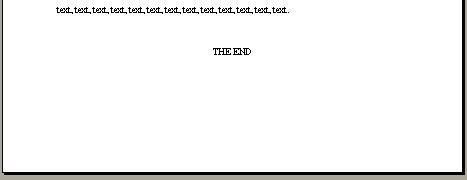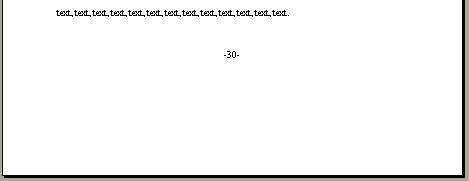All right. It's time to buckle down and get on it.
Introduction to Publishing:1)
Write a good piece. Don't roll your eyes at me; this is a vital step. So far all we've talked about is the writing process. You should have that down by now. So don't forget this step.
2)
Research. You want to start submitting your pieces. Okay. Where do you submit them? You should submit them to a literary magazine.
What literary magazine? How do I find out about literary magazines? You're in luck. I have a website for you:
Click here!the above is a comprehensive list of literary magazines that welcome submissions. Now we have to get into the tricky stuff.
Why research? you say. You should be able to find the 'submissions' page pretty easily on any literary magazine site. VERY CAREFULLY read their requirements. If you do not conform to what the magazine wants you to do, they will dismiss you as an idiot and you don't get published.
3)
What is an SASE? An SASE is a Self-Adressed Stamped Envelope. You should include this in your literary package so if you are rejected they can send you a rejection letter. Also, if you want your manuscript back, you should include an SASE big enough to send it back in.
4)
What is a cover letter? A cover letter is the very short and brief business letter that you put as the first page of your work. You can find out a lot about cover letters on the Internet, but to save you the trouble of searching through the flak, here are the ones I found helpful:
Cover letters in general:
Making LightSample Cover LettersPoetry:
Poetry SubmissionsNovels:
Novel Submisions5)
How do I format my work? I'm glad you asked. The correct way to do it is, first of all, put everything in font sized twelve, and a basic font. Times New Roman is preferrable. Next, center your title and put it in all capitals. Then push it all the way down to the middle of the page (this, apparently, leaves room for editor comments or something).

At the top of all of your pages should be a header. On the first page, make the header say your name, in the next two lines your address, then your phone number, and then your email address. This should all be left-aligned.

Still on the first page, right aligned -the amount of words your work is.

Next we move on to the other pages. The first problem you're going to encounter, if you're using Microsoft Word (This is the only kind of thing I'm an expert in, so if you have problems in other kinds of documents, you're on your own), is that the headers do not want to be different on different pages. You can easily fix this by double-clicking in the header, and a menu bar will pop up. Click on the icon that looks like an open book (it should be blue and white).

Then, when the new menu pops up, click on 'Different First Page'.

You may now go and edit the headers on the rest of your pages.
The headers on the rest of your pages should be right-aligned, with your name, then the page number, and on the next line the title of your story, in capitals.

You can make the header put in the pages automatically for you by, in the header menu, pressing the white page with the # sign on it.
Font in the headers should be the same as in the document, and the size should be 10, if you're using a 12 font.
Now for the finale -the ending.
There are multiple ways to signal that you are done with your piece. You can do this:



I don't know why these are acceptable signals for 'the end', but they are. Make sure they're centered.
Also, one final tip....
If you are including multiple pieces, you only need one cover letter, but you should put a blank piece of paper between submissions.
Also, if you are submitting poetry, there is no need to doublespace.
Hope this was helpful!












